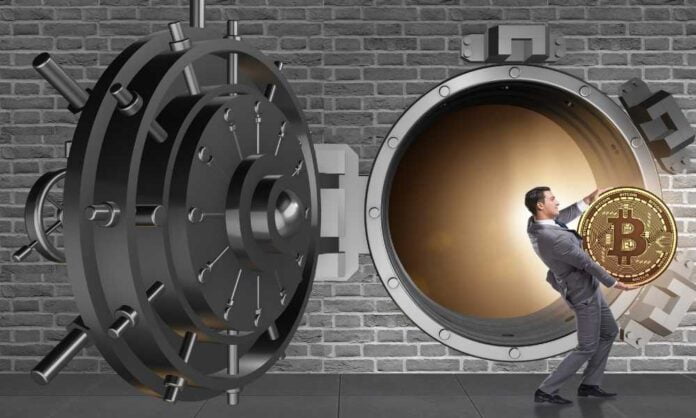Cryptocurrency scams are becoming more and more common as the value of digital currencies continues to rise. This article will discuss some of the most common scams in cryptocurrency. Be on the lookout for these schemes, and don’t let yourself be scammed.
Once you become engaged in cryptocurrency’s new digital monetary systems, it’s easy to see that these transactions are dangerous. And we are not referring to market volatility. On the internet, scams abound, and bitcoin exchanges are no exception. When considering investing in various organizations and exchange platforms, be mindful of the risk of losing your bitcoin capital.
Experts suggest that when conducting due diligence on digital bitcoin businesses and startups, ensure they are blockchain-powered, which means they monitor detailed transaction data. Examine their business ideas to determine legitimate and address real-world concerns. Businesses should establish criteria for digital currency stability and initial coin offering (ICO) offerings. Genuine individuals should run the company. If the startup you’re contemplating does not meet at least one of these requirements, you should reconsider.
But first, what could happen as a result of getting scammed?
When scammed in the cryptocurrency world, you could lose a lot of money. Because the government does not regulate cryptocurrencies like traditional fiat currencies, you may get no protection if you get scammed. You could also end up with malware on your computer, which can steal your personal information or even hold your files hostage until you pay a ransom.
Let’s take a look at some of the most common scams. Before you learn how to start investing in cryptocurrency, be sure you know about these:
1. Pump and Dump
This happens when a group of people artificially inflates the price of a digital currency by buying it up and then selling it off at a higher price. This can create a bubble that eventually bursts, leaving investors worthless currency.
2. Phishing Scam
Phishing happens when someone posing as a legitimate cryptocurrency project or exchange tries to get you to give them your private keys or login information. They can do this by sending you fake emails or creating fake websites that look real. Be very careful when giving out your private information, and always double-check the website or email address to make sure it is legitimate.
3. Extortion or Blackmail
This is when someone tries to blackmail you into giving them money in exchange for not revealing your involvement in a cryptocurrency scam or illegal activity. They may threaten to release your personal information to the public if you don’t pay up. Be careful about whom you do business with online, and never give anyone your private information unless you are sure o legitimacy.
Check out: Dot price prediction 2030: Is Polkadot a Good Investment?
4. Business Opportunity Scam
This is when someone tries to lure you into investing in fake cryptocurrency business. They may promise high returns on your investment, but this is almost always a scam. Do your research before investing in any business opportunity, and be sure to ask lots of questions!
5. Cloud Mining
Cloud mining is a popular way to mine cryptocurrencies, but it is also a favourite target of scammers. Many scams promise huge profits from cloud mining, but in reality, these schemes almost always result in losses for the investor. Be very careful when considering investing in a cloud mining scheme, and do your research before handing over any amount of money.
6. Exit Scam
This is when a digital currency project suddenly shuts down and disappears, taking all of the invested funds with them—particularly common with Initial Coin Offerings (ICOs). Before investing in any ICO, make sure to do your research to avoid being scammed.
These are a few scams that investors need to watch out for in the cryptocurrency world. Stay vigilant!
Final Words
The government does not regulate cryptocurrencies, so you may get no protection if you get scammed. You could also end up with malware on your computer, which can steal your personal information or even hold your files hostage until you pay a ransom. Be very careful when giving out your private information. Cryptocurrency investors need to be aware of the many different scams out there. From cloud mining scams to exit scams, here are some of the top scams to watch out for! Do your research before investing in any business or ICO before handing over any money.

